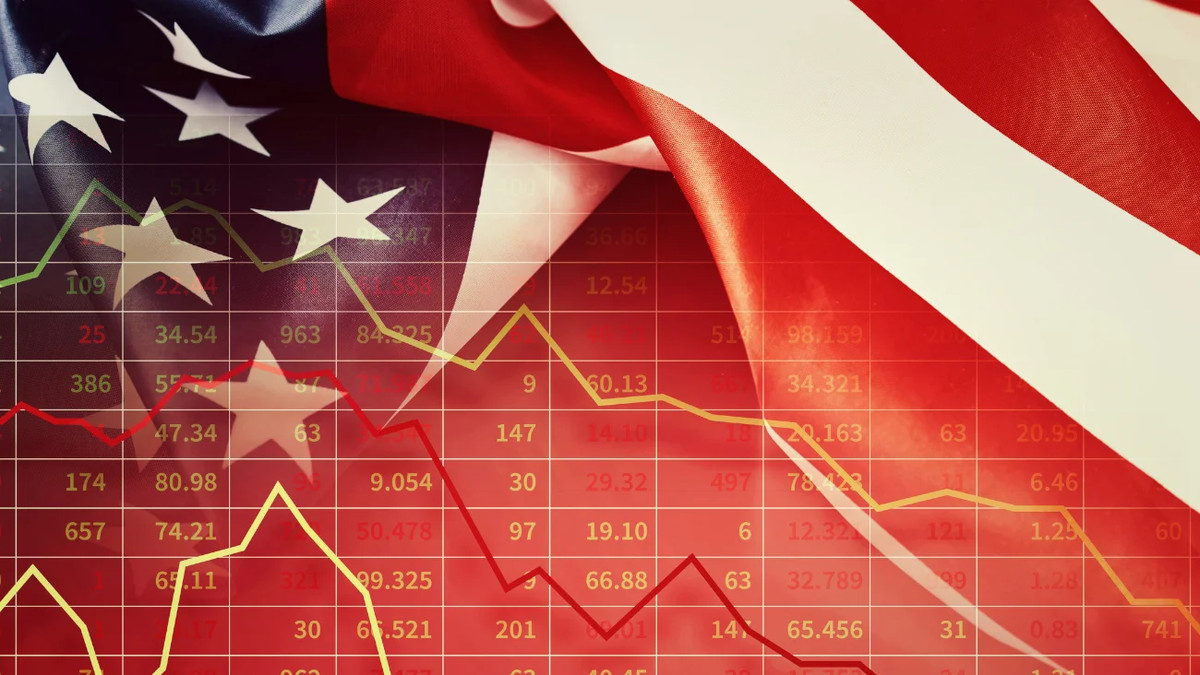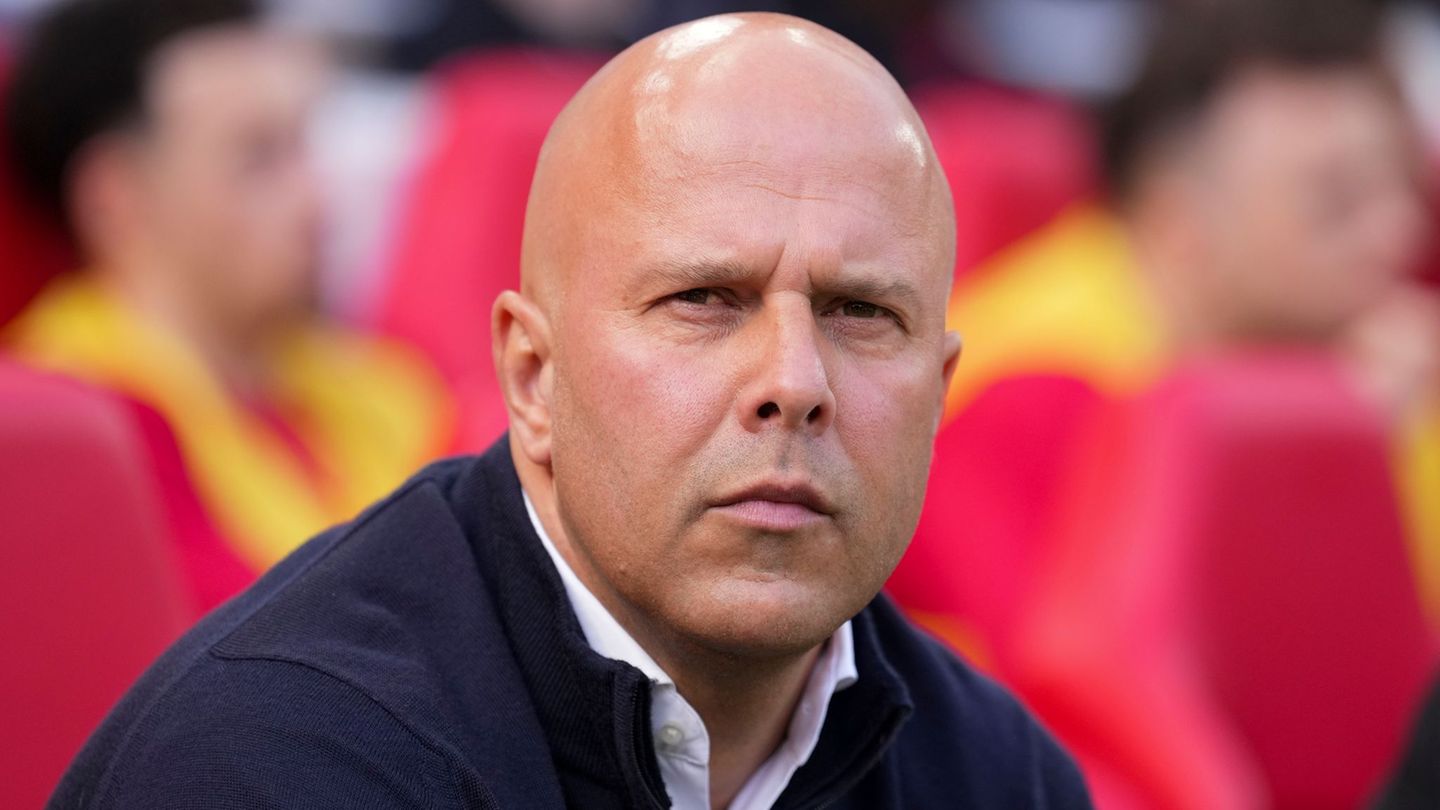American consumers are feeling less confident in September due to a significant increase in concerns about employment. The Conference Board, a business research group, reported Tuesday that its consumer confidence index fell to 98.7 in September, from 105.6 in August. It was the largest month-over-month drop since August 2021.
The survey was conducted before the Federal Reserve announced a larger-than-expected half-percentage point interest rate cut last week. The index measures both Americans’ assessment of current economic conditions and their outlook for the next six months.
The gauge of Americans’ short-term expectations about income, business and the labor market fell to 81.7 from 86.3 in July. A reading below 80 can signal a possible recession in the near future.
Consumers’ view of current conditions fell to 124.3 in September from 134.3 last month. Consumer spending accounts for nearly 70% of U.S. economic activity and is closely watched by economists to gauge how American consumers are feeling.
JP Morgan’s Jamie Dimon surprises with his diagnosis of the economy
Following the Federal Reserve’s 0.5 percentage point interest rate cut last week, many experts say a soft landing is in store for the economy.
This means a fall in inflation without a recession. The Consumer Price Index rose 2.5% in the 12 months through August, the smallest increase since February 2021. The Fed’s preferred inflation gauge, the personal consumption expenditures price index, rose the same amount in the 12 months through July. The central bank’s inflation target is 2%.
On the economic front, GDP rose an annualized 3% in the second quarter, up from 1.4% in the first quarter. And the Atlanta Fed’s GDP forecasting model predicts a 2.9% expansion for the third quarter.
However, job growth has slowed, prompting the Fed to cut interest rates. Nonfarm payrolls rose by 142,000 last month, putting the three-month average at 116,000, the lowest since mid-2020.
But many experts believe the Fed’s rate cuts will offset that weakness. The rate cuts make a soft landing “very plausible,” said former Fed Governor Daniel Tarullo, now a professor at Harvard Law School, in an interview with Harvard Law Today.
Jamie Dimon doubts a soft landing
But JPMorgan Chase CEO Jamie Dimon is sounding a note of caution. “Hopefully we’re on track for a soft landing. I wouldn’t count my eggs too early,” he said at a conference last week. “I’m a little more skeptical than some people. I give it lower odds.”
He’s not sure inflation will “go away that easily.” It remains above pre-pandemic levels. “We could have moved from a lower inflation rate to a slightly higher one,” Dimon said, according to Bloomberg.
jaimie dimon, ceo JPmorgan wikipedia.jpg
It remains above pre-pandemic levels. “We could have moved from a lower inflation rate to a slightly higher one,” Dimon said, according to Bloomberg.
But for him, that’s no big deal. “In the future, whatever happens, [la inflación]”We’ll handle it. Economists are used to dealing with that. It’s not a disaster.”
Source: Ambito
David William is a talented author who has made a name for himself in the world of writing. He is a professional author who writes on a wide range of topics, from general interest to opinion news. David is currently working as a writer at 24 hours worlds where he brings his unique perspective and in-depth research to his articles, making them both informative and engaging.




